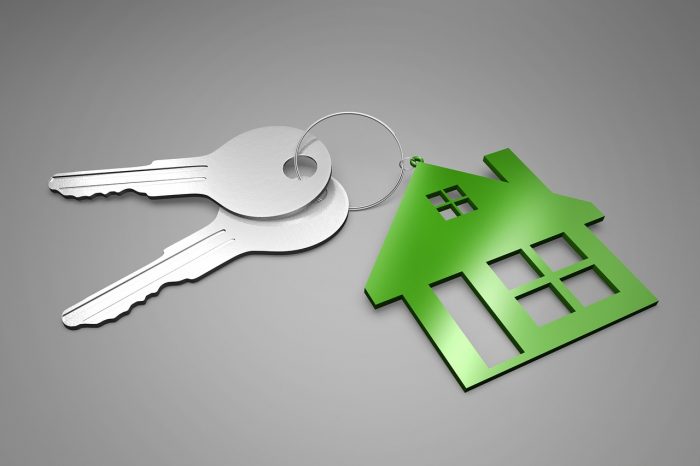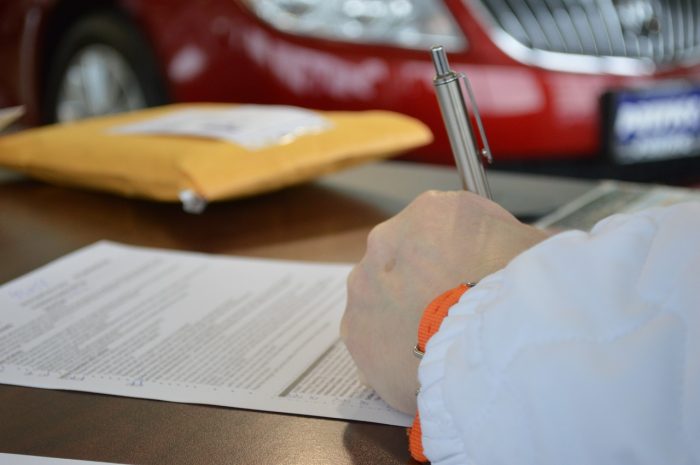Prospective homeowners have lots of choices. City or suburbs? Detached or condo? Quiet residential neighborhood or amenity-rich commercial district?
The choices don’t end there. Though most homeowners-to-be don’t realize it, they also have a dizzying array of mortgage options to choose from.
Not every buyer or refinance-ready homeowner qualifies for every type of mortgage, so it’s important to sit down with a banker or mortgage expert to get the lay of the land first. Certain individuals, such as first-time buyers and military veterans, may be eligible for loan types that aren’t available to the general public.
One of the most popular niche loans is the VA loan, which is reserved for active-duty servicemembers, veterans and certain members of military families. The Department of Veterans Affairs doesn’t directly issue VA loans. It merely guarantees—partially or fully, depending on the size of the loan and the location of the home—private loans made by traditional mortgage lenders.
According to mortgage industry professionals, the VA loan program has helped countless servicemembers and veterans purchase homes and refinance existing mortgages. Along with the FHA loan program, it’s one of the most important tools we have to increase homeownership access and affordability.
Here’s what you need to know about VA loans, and how to find out if you qualify.
Types of VA Loans
VA loans come in several different flavors. Most are designed for the purchase or refinance of owner-occupied homes (not rental properties) by servicemembers, veterans and their families:
- Purchase Loans: VA purchase loans require no down payment, provided the sale price doesn’t exceed the home’s appraised value. Other benefits include no private mortgage insurance premium requirement, no prepayment penalties, strict limits on closing costs, and assumability (i.e., the loan is transferrable on sale with minimal changes in terms).
- Cash-Out Refinance Loans: VA cash-out refinance loans help current homeowners refinance existing loans, often at lower rates, with a cash-out option when equity allows. Terms are similar to VA purchase loans.
- Interest Rate Reduction Refinance Loans (Streamline Refinance): IRRRLs, or VA streamline refinance loans, are expedited refinance loans that may reduce borrowers’ interest rates (and monthly payments), but don’t allow cash out. There’s no credit or underwriting requirement, and some IRRRLs may be executed with no out-of-pocket costs to borrowers.
- Native American Direct Loan: This is a rare direct VA loan designed exclusively for Native American veterans. Its terms are even more favorable than traditional VA purchase and refinance loans, but eligibility is tightly controlled.
- Specially Adapted Housing Grants: These grants, available in multiple forms, are designed for disabled veterans who require special housing adaptations such as wheelchair ramps.
Obtaining a Certificate of Eligibility
Before applying for a VA loan, qualifying buyers and owners must apply for a certificate of eligibility (CoE), an official document declaring their eligibility for the VA loan program. Those who are eligible include:
- Any active-duty servicemember, regardless of deployment history, with at least 90 days of continuous service
- Any honorably discharged veteran with 90 to 180 days of service, depending on service period and deployment history
- Reservists and National Guard members with at least six years of service
- Unremarried spouses of servicemembers who died in active combat or as a result of service-related disabilities
- Spouses of servicemembers reported missing in action or taken prisoner in war
- Surviving spouses of totally disabled servicemembers whose deaths may not have been caused by service-related injuries
- Individuals who served in certain military-adjacent organizations, such as the Public Health Service
Other Qualification Requirements
VA loans have some other important qualification requirements. Some are unique to the VA loan and other niche mortgage programs. Others are general requirements that all prospective homebuyers must meet, though their specifics may be different for VA borrowers and subsets thereof.
- Credit Risk: According to Military.com’s keys to VA mortgage loan approval, most VA lenders expect borrowers to maintain debt-to-income ratios below 41%. This is a bit more generous than the threshold for conventional purchase loans, though some VA lenders may be stricter. If your debt-to-income ratio is higher, you may need to work on paying down your balances before applying for a VA loan.
- Owner Occupancy: Homes purchased or refinanced with VA loans must generally be owner-occupied. There’s an important exception for streamline refinance loans, which require only prior owner occupancy. If the primary borrower is deployed or otherwise unable to occupy the house, his or her spouse may satisfy the requirement on a temporary basis.
If you need more guidance, visit the U.S. Department of Veterans Affairs site.
Find a Home-Based Business to Start-Up >>> Hundreds of Business Listings.



















































